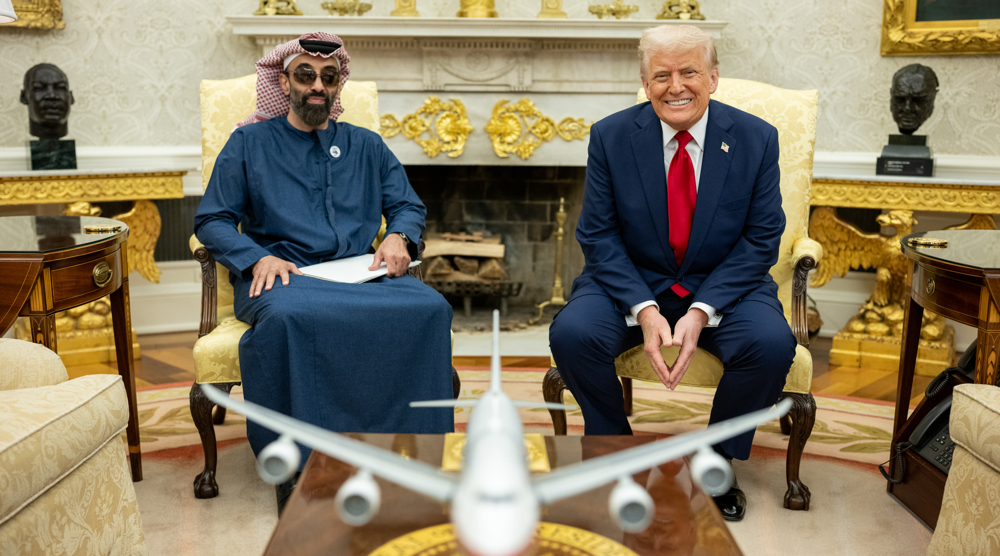Qatar inks security agreement with NATO
Qatar has signed a security agreement with the NATO military alliance amid severe diplomatic tensions in the Persian Gulf region which pit a Saudi-led quartet of states against Doha.
The agreement was inked by Brigadier General Tariq Khalid M. F. Alobaidli, the head of the International Military Cooperation Department, Armed Forces of Qatar, and NATO Deputy Secretary General Rose Gottemoeller at the alliance’s headquarters in Brussels, Belgium, on Tuesday.
During the signing ceremony, the two officials stressed the importance of NATO’s cooperation with Qatar within the framework of the Istanbul Cooperation Initiative (ICI).
The agreement provides the framework for the protection of exchange of classified information, as defined by all 29 member countries, according to NATO.
The four ICI partner countries (Bahrain, Kuwait, Qatar, and the UAE) have now signed individual security agreements with NATO.
Launched at the alliance’s summit in the Turkish city in June 2004, the ICI aims to contribute to long-term global and regional security by offering countries of the broader Middle East region practical bilateral security cooperation with NATO.
The agreement comes amid tensions in the Persian Gulf region, which erupted after Saudi Arabia, Bahrain, Egypt and the UAE severed their diplomatic relations with Qatar on June 5 last year, accusing it of sponsoring “terrorism” and destabilizing the region, an allegation strongly denied by Doha.
The quartet of boycotters has also barred Qatari aircraft from using their airspace. Qatar’s only land border with Saudi Arabia has also been blocked as a result.
The Saudi-led bloc then presented Qatar with a list of demands, among them downgrading ties with Iran, and gave it an ultimatum to comply with them or face consequences.
Doha, however, refused to meet the demands and said that they were meant to force the country to surrender its sovereignty.
Qatar has also said it had too many financial resources at its disposal to be afraid of the financial assault.
Amid the diplomatic crisis, Abu Dhabi has taken an especially tough line towards Doha.
The Qatari former deputy prime minister, Abdullah bin Hamad al-Attiyah, told the Spanish daily ABC last October that the UAE planned a military invasion of Qatar with thousands of US-trained mercenaries, but it failed to secure the support of Washington.
Recently, the two Persian Gulf Arab states have traded accusations of violating airspace.
IRGC holds drills in Strait of Hormuz for second day
Iran FM: ‘Good progress’ made in latest round of indirect talks with US, 'clear path' ahead
US threatens Iraq with potential sanctions if Maliki returns as PM: Report
Iran and Russia’s quiet economic realignment
Iran Judiciary: EU resolution parrots counter-revolutionary claims
VIDEO | Aerial shots of floods in western France's Maine-et-Loire department
UK police usurped by Zionists
Baghaei to Press TV: Iran enters Geneva talks with ‘open mind and open eyes’










 This makes it easy to access the Press TV website
This makes it easy to access the Press TV website